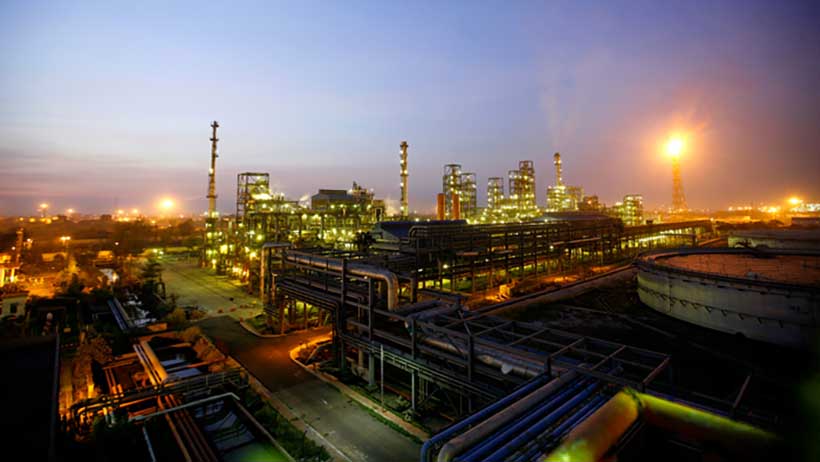The emerging economic power India is pursuing in the face of the West’s sanctions on Russia is a pragmatic policy, which allows it to reap immense financial benefits, among other things. The Indians achieved record figures in 2023, primarily through the import of Russian crude oil, its processing and the subsequent export of petroleum products to Europe.
By Alexander Männer
India is undisputedly considered a very independent player who takes a pragmatic view of the current turbulence in world politics and knows how to use it to its advantage. The Asian country, which is one of the largest importers of crude oil in the world, has been able to dramatically increase its imports of inexpensive Russian crude oil in the past two years given the conflict between the West and Russia.
Last year alone, Indian oil imports from Russia more than doubled compared to 2022. As a result, India has become the second largest buyer of Russian oil supplies, with Indian refineries taking the supplies that the Europeans and Americans are officially avoiding due to Western sanctions against Moscow.
According to Russian information, India’s share of Russian oil exports is now almost 40 percent, while Europe only accounts for around five percent. Interestingly, during this phase, India has also grown significantly as an exporter of oil products on the global market, as experts worldwide stated at the end of 2022 and last year.
The fact is that as a result of the anti-Russia sanctions, the Indians receive discounts when buying crude oil from Russia, then mainly process this oil into fuel and then sell the end products on the European or US markets at prices that are much higher than those of their imports .
Given this, India’s exports of diesel, kerosene, and other oil products, particularly to Europe, had already increased sharply in 2022. At that time, deliveries grew by around 20 percent year-on-year, with the EU accounting for around 50 percent of all Indian kerosene exports.
Record export in 2023
According to the media, new record levels were achieved last year. As the British newspaper The Independent recently reported, Indian oil companies exported significantly more to Europe in 2023 than in the previous year. Accordingly, EU imports of petroleum products from India increased by 115 percent, from 111,000 barrels per day in 2022 to 231,800 barrels per day in 2023. According to analysts at Kpler, a renowned global trade intelligence agency, this is the highest recorded value in the last seven years and probably the highest value ever.
At the same time, Indian imports of Russian crude oil had more or less doubled, which in turn means that, despite the sanctions, consumers in Europe are likely to have received significant quantities of gasoline, diesel, kerosene, and other petroleum products coming from Russia via India in 2023, said the newspaper.
It is said that a total of 20 of the 27 EU countries bought Russian oil through India last year. The largest buyer of Indian oil supplies in the EU is the Netherlands, which acts as a hub for global trade in oil and oil products and sources around 24 percent of India’s exports. They are followed by France with 23 percent, Romania with 12 percent, and Italy and Spain with 11 percent each. In addition, Germany and Belgium each imported seven percent of the deliveries in question.
Writes The Independent, these figures make it clear that European countries are still very dependent on raw materials from Russia. Moving away from Russian deliveries would be problematic, as this would lead to a sharp rise in prices and a shortage of oil.
As already indicated, India owes all of this to a large extent to the West’s sanctions on Russia, which have made its undoubtedly highly lucrative import deals with Russian oil companies possible. And even if many Western politicians and experts politicize the Russian-Indian oil trade, it can still be stated that India is primarily pursuing its economic interests and can thus record billions in additional revenue.






